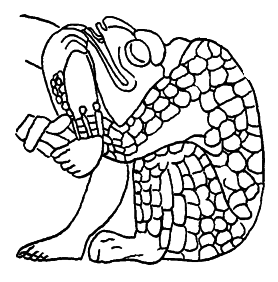On fetor of the prison of this world, pointed by Lionel Trilling (1955:38-39)

On fetor of the prison of this world
On fetor of the prison of this world, pointed by Lionel Trilling (1955:38-39)

' ... for Keats the awareness of evil exists side by side with a very strong sense of personal identity and is for that reason the less immediately apparent. To some contemporary readers, it will seem for the same reason the less intense. In the same way it may seem to a contemporary reader that, if we compare Shakespeare and Kafka, leaving aside the degree of genius each has, and considering both only as expositors of man's suffering and cosmic alienation, it is Kafka who makes the more intense and complete exposition. And, indeed, the judgment may be correct, exactly because for Kafka the sense of evil is not contradicted by the sense of personal identity. Shakespeare's world, quite as much as Kafka's, is that prison cell which Pascal says the world is, from which daily the inmates are led forth to die; Shakespeare no less than Kafka forces upon us the cruel irrationality of the conditions of human life, the tale told by an idiot, the puerile gods who torture us not for punishment but for sport; and no less than Kafka, Shakespeare is revolted by the fetor of the prison of this world, nothing is more characteristic of him than his imagery of disgust. But in Shakespeare's cell the company is so much better than in Kafka's, the captains and kings and lovers and clowns of Shakespeare are alive and complete before they die. In Kafka, long before the sentence is executed, even long before the malign legal process is even instituted, something terrible has been done to the accused. We all know what that is - he has been stripped of all that is becoming to a man except his abstract humanity, which, like his skeleton, never is quite becoming to a man. He is without parents, home, wife, child, commitment, or appetite; he has no connection with power, beauty, love, wit, courage, loyalty, or fame, and the pride that may be taken in these. So that we may say that Kafka's knowledge of evil exists without the contradictory knowledge of the self in its health and validity, that Shakespeare's knowledge of evil exists with that contradiction in its fullest possible force' (pp. 38-9).
リンク
文献